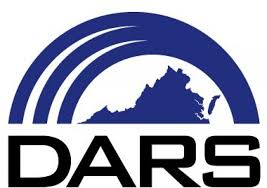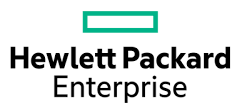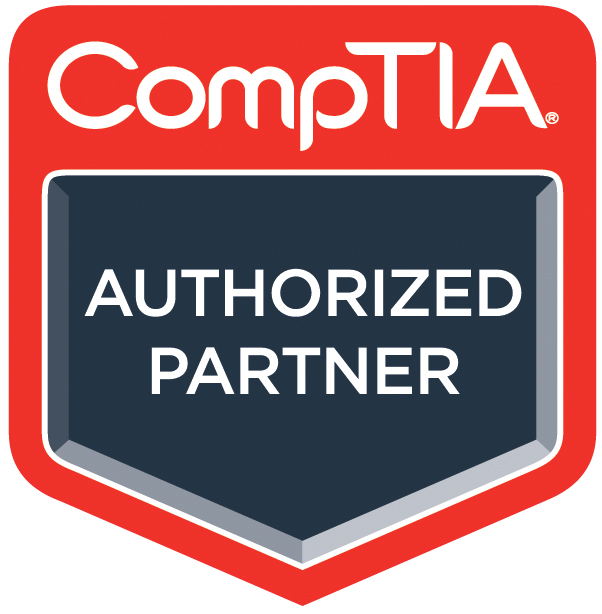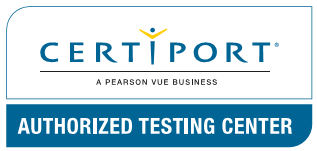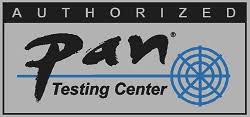What it’s like being a Cloud Security Engineer
By Lyan Ware Contributor
A client or project manager will give you a list of requirements or rules for a solution they want you to create for something like, for example, managing configuration for data monitoring. You will then have to do research and cost analysis to come up with a solution that best suits the client’s needs. Even if your solution is innovative and possibly amazing, you will still need to determine whether the solution will end up being costly to the client. Being able to compromise in order to help save a client money, is an important part of your job as a security engineer.

Another thing to keep in mind is that automation will be a huge part of what you do. Clients want things streamlined, and to pay less people for repetitive tasks, so it will be your job to create solutions with automations.

You need to have very strong critical thinking and problem-solving skills in addition to a thorough understanding of cyber security methodologies if you want to be a successful security engineer, whether it’s for cloud systems specifically or otherwise. Having a working knowledge of programming language like Python, C++, and/or JavaScript is a prerequisite for jobs like these, as well as a good handle on how the cloud works in general.

You don’t need to be an expert on these things to gain an entry-level position, since there are plenty of Google-able resources, but knowing how to create some basic functions with a programming language is definitely a fundamental skill. Any company that is worth its salt will have plenty of people you can learn from to develop you as an engineer and strengthen your knowledge in the field.

If you are interested in becoming an engineer in cloud cyber security, try familiarizing yourself with the most popular cloud providers’ infrastructure: Amazon Web Services (AWS), Microsoft Azure, and Google Cloud Platform (GCP). Most people choose to start with getting comfortable with AWS first before moving on to learning the others, since it is the most popular one. Of course, the three cloud providers I have listed pertain mostly to the United States. Other regions might prefer using other providers, but this blog article is targeting the United States, specifically.

Reading up on the documentation for your chosen cloud provider is going to help you learn configuration, which will become a major part of your job as an engineer in cloud security. Even at the entry level, you should be knowledgeable of the command line interface for the cloud provider you choose to work with, and how user permissions work for that cloud.

Learning how to use infrastructure as code, such as Terraform or the AWS Cloud Development Kit, for building environments and having a solid understanding of the OSI model and renowned ports and services are other proficiencies that will help make you a standout candidate in your pursuit as a cloud engineer.

5 of the Best Cloud Certifications to have on your Resume
Introducing Certified Cloud Security Engineer (C|CSE)
Why is Cloud Computing One of the Biggest Growing Career Paths?




